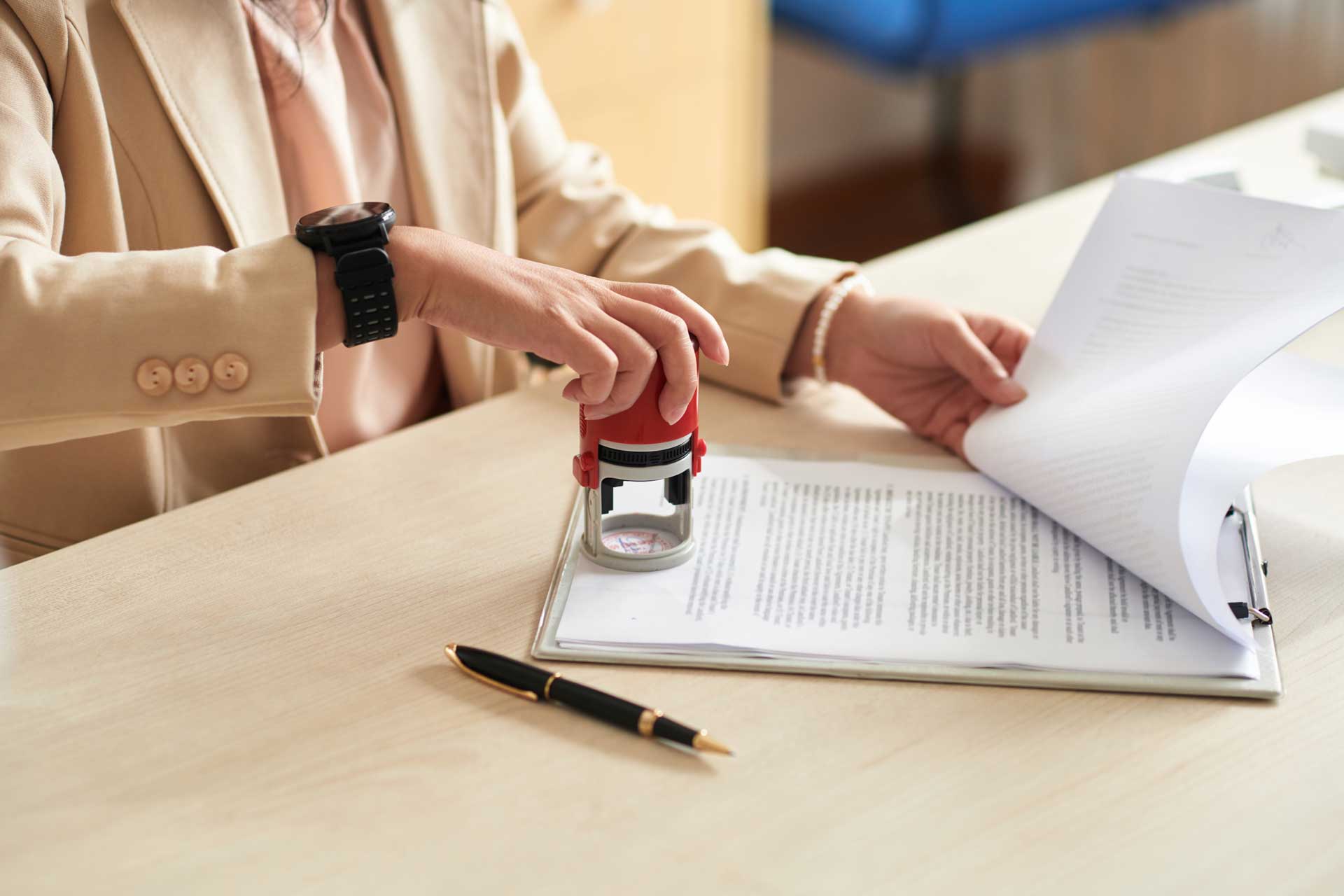
In today’s evolving legal and business landscape, the role of a notary public continues to expand. One increasingly in-demand service involves notaries participating in marriage ceremonies and handling marriage license-related documentation. But what are the legal responsibilities and limitations for notaries in this area?
This comprehensive guide explores notaries’ growing role in officiating weddings and notarizing marriage licenses, with clear, trustworthy guidance for both beginners and experienced professionals. Whether you’re curious about becoming a wedding officiant or want to ensure compliance when notarizing marriage-related documents, this article will walk you through everything you need to know.
Yes—a notary public can legally officiate a marriage in certain states. Not all states permit this, but those that do provide clear guidelines for handling the process.
States like Florida, South Carolina, Nevada, and Maine allow commissioned notaries to perform marriage ceremonies. If you’re a notary in one of these states, this can be a rewarding and lucrative service to offer. However, it also comes with significant legal responsibilities.
Each state may have additional rules. For example, in Florida, notaries must ensure that the license was issued in Florida and that it is signed and returned within 10 days of the ceremony.
Offering wedding officiant services as a notary is legally valid in the proper jurisdiction—it can also help you expand your business, especially during peak wedding seasons.
In states where notaries cannot officiate marriages, they can still play a crucial role in the marriage documentation process. This includes notarizing various documents associated with obtaining a marriage license or preparing for a marriage.
Importantly, notaries cannot give legal advice, including answering questions about what documents a couple might need to file, how marriage laws apply, or how to fill out certain forms. Direct such inquiries to an attorney or local licensing authority.
Understanding your state’s laws is one of the most critical aspects of providing notarial services for marriage-related events. Since marriage authority is regulated at the state level, notary powers vary widely.
Here’s a general comparison of notarial authority for marriage across some states:
| State | Can Officiate Marriage? | Can Notarize Marriage-Related Docs? |
| Florida | ✅ Yes | ✅ Yes |
| South Carolina | ✅ Yes | ✅ Yes |
| Maine | ✅ Yes | ✅ Yes |
| California | ❌ No | ✅ Yes |
| Texas | ❌ No | ✅ Yes |
| New York | ❌ No | ✅ Yes |
| Nevada | ✅ Yes | ✅ Yes |
| Georgia | ❌ No | ✅ Yes |
Before offering any services related to marriage, it is essential to review your state’s notary handbook or consult the Secretary of State’s website. Some states may require additional registration, training, or notification to perform marriages legally.
Also, note that even if you are authorized to perform marriages, you may only be able to officiate within your state or for licenses issued in that state.
Whether you’re officiating a ceremony or notarizing supporting documents, there are several best practices you should always follow to protect yourself legally and deliver professional service.
Following these guidelines ensures compliance and enhances your reputation as a reliable and ethical notary.
Offering marriage-related services can significantly enhance your business as a notary public. Here’s why this niche is growing:
Many couples prefer smaller, more intimate ceremonies without the complexity of religious or significant civil events. Notaries offer a simple, legal alternative that can be performed at a couple’s home, a park, or another meaningful location.
Hiring a traditional wedding officiant can cost hundreds of dollars. Notary-officiated weddings are often more budget-friendly, appealing to couples seeking a minimalist celebration.
As a mobile notary or independent contractor, you can offer flexible scheduling, including evening and weekend ceremonies—making you highly valuable for elopements or last-minute plans.
Couples appreciate knowing their paperwork is handled correctly. When a licensed notary completes the marriage license and associated documentation, there’s a greater confidence that everything is in order.
Offering notary marriage services can be both emotionally rewarding and financially beneficial. You’re helping couples celebrate a significant life milestone—legally and professionally.
If you’re a notary public looking to grow your career by offering marriage-related services, the next step is clear: Get the training and legal knowledge you need.
Visit Notary Public Association today for:
Start offering marriage services the right way to take the next step in your notary journey.
Disclaimer: All information provided by Notary Public Association is for educational purposes only and is not intended as legal advice. Notary Public Association makes no representations or warranties as to the accuracy, completeness, or applicability of the information provided and assumes no liability for any actions taken in reliance on it. Always consult a licensed attorney or your local commissioning authority for guidance specific to your notary responsibilities and jurisdiction.
Stay informed with our latest updates, tips, and exclusive offers – subscribe now!